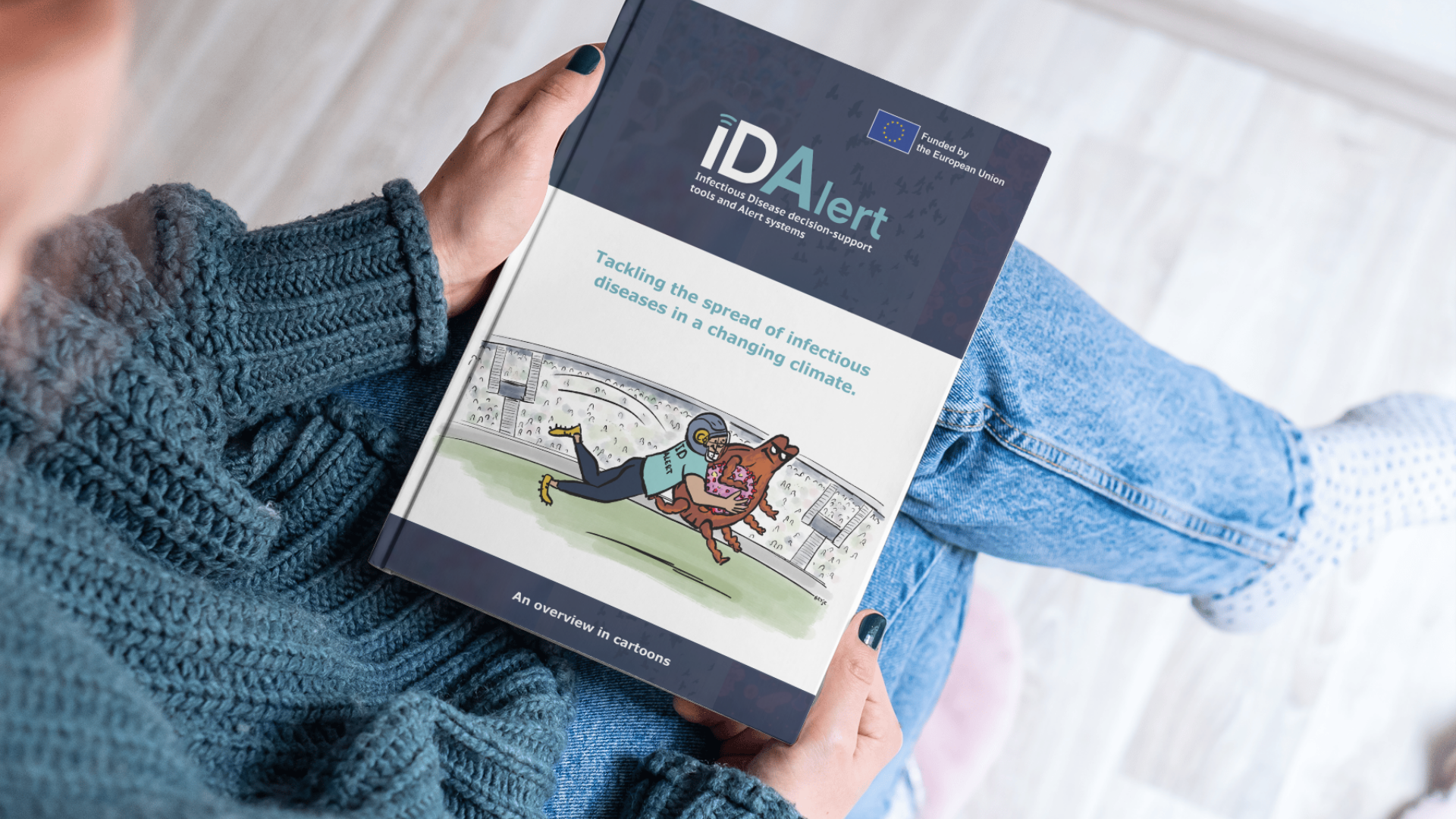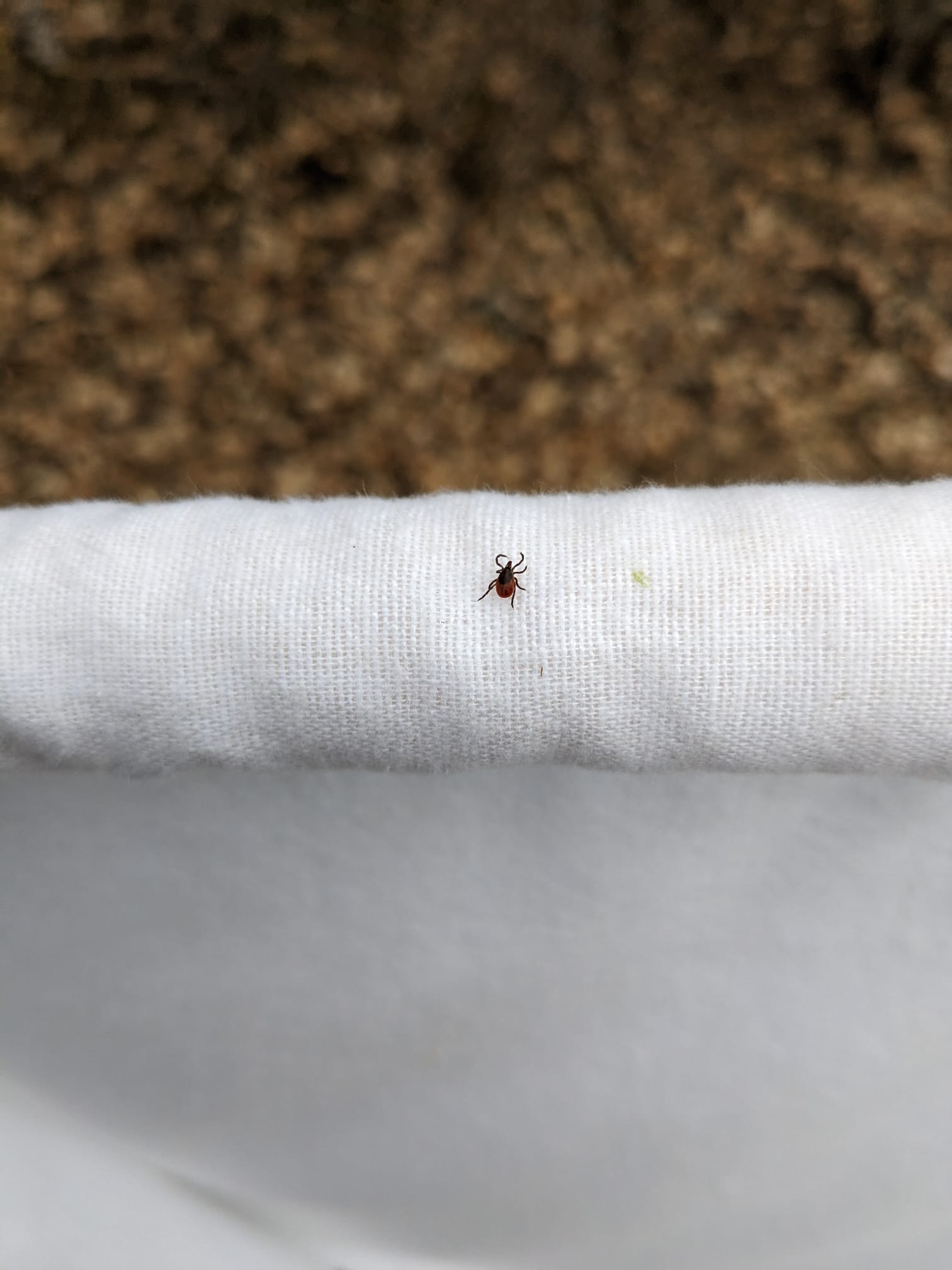A new study published in the Lancet Planetary Health and carried out as part of IDAlert, shows that Europe is facing a growing risk from diseases like dengue and chikungunya, which are spread by the Asian tiger mosquito (Aedes albopictus). This mosquito, originally from Asia, has been spreading quickly across Europe.
Key Findings:
Faster outbreaks: In the 1990s, it took about 25 years after the mosquito arrived in a region for the first outbreak of dengue or chikungunya to happen. Now, it takes less than 5 years.
More frequent outbreaks: The time between outbreaks is also shrinking—from 12 years to less than 1 year.
Climate plays a big role: Warmer temperatures make it easier for these mosquitoes to survive and spread diseases. Regions with hotter summers saw outbreaks sooner and more often.
Future risks: If climate change continues as predicted, Europe could see up to five times as many outbreaks by the 2060s compared to the past.
Based on these results, Europe needs stronger mosquito control, better disease monitoring, and early warning systems to protect people from these diseases as the climate warms and the mosquito spreads.





